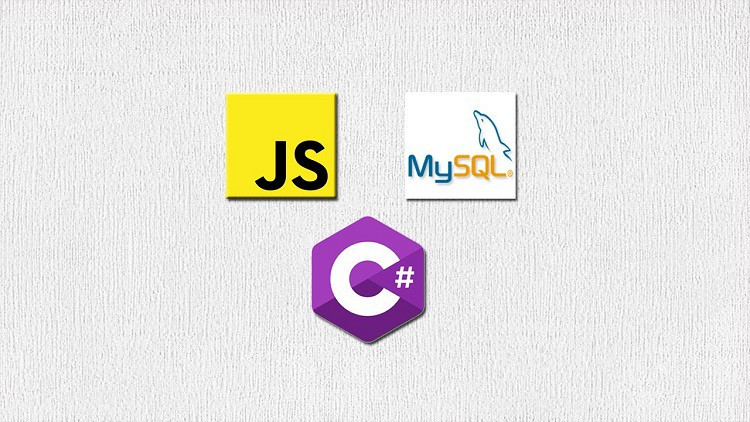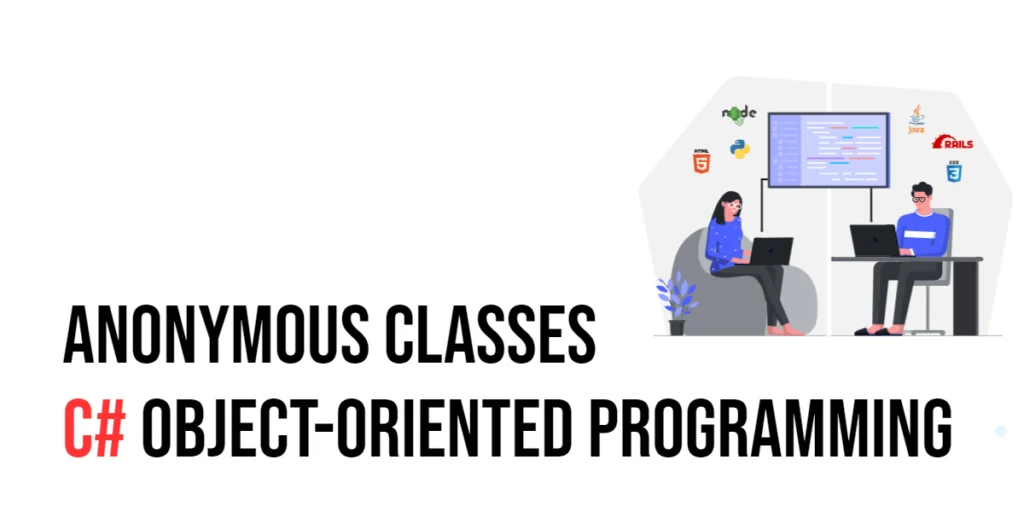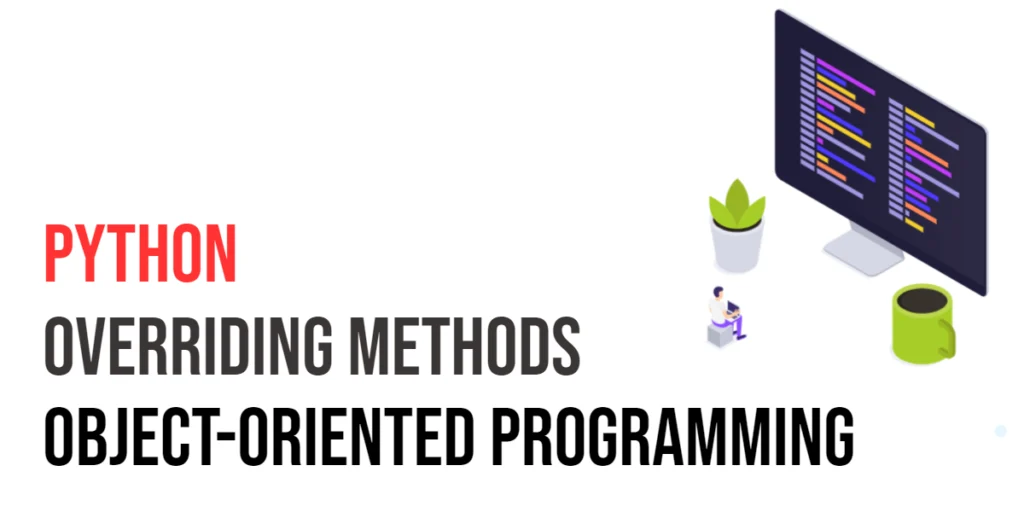In the world of Java programming, there are a multitude of tools and features at our disposal to make our code more efficient, readable, and maintainable. One such tool is the Java Enum, short for enumerated type. Java Enums are a versatile and powerful construct that often goes underutilized, despite their potential to improve the structure and logic of your code. In this article, we’ll explore Java Enums, what they are, why they are important, and how you can harness their capabilities to write cleaner and more expressive code.

with hands-on learning.
get the skills and confidence to land your next move.
Introduction to Java Enums
At its core, an Enum is a special data type used to define a collection of constants that represent a finite set of values. These constants can be used throughout your Java codebase to maintain clarity and consistency. Enums were introduced in Java 5 (J2SE 5.0) and have since become an essential feature in modern Java programming.
Declaring an Enum
To create an Enum in Java, you define it using the enum keyword, followed by a name for the Enum. Here’s a simple example of a Java Enum that represents the days of the week:
public enum Day {
SUNDAY, // 0
MONDAY, // 1
TUESDAY, // 2
WEDNESDAY, // 3
THURSDAY, // 4
FRIDAY, // 5
SATURDAY // 6
}In this example, we’ve defined an Enum called Day with seven constants representing each day of the week. These constants are declared in uppercase by convention, making them easily distinguishable from other variables or classes.
Enum Constants
Each constant in an Enum is an instance of the Enum type. You can access Enum constants using their names, just like you would with any other class or object. For example:
public class Enums {
public static void main(String[] args) {
Day today = Day.MONDAY;
System.out.println(today); // Output: MONDAY
System.out.println(today.name()); // Output: MONDAY
System.out.println(today.ordinal()); // Output: 1
}
}Type Safety
Enums provide type safety, which means that the compiler can catch many potential errors at compile time. If you try to assign an incompatible value to an Enum variable, the compiler will generate an error, preventing runtime issues. This eliminates the need for runtime checks and debugging. For instance:
public class Enums {
public static void main(String[] args) {
Day today = Day.MONDAY;
/*
Compiler error: Incompatible types
You can't assign an integer to an Enum variable
today = 1;
*/
System.out.println(today); // Output: MONDAY
System.out.println(today.name()); // Output: MONDAY
System.out.println(today.ordinal()); // Output: 1
}
}Enum Constructors and Methods
Enums in Java can have constructors and methods, just like regular classes. This allows you to attach additional information or behaviors to your enum constants.
Constructors
Each enum constant can have its own constructor. These constructors are automatically called when you initialize an enum constant. Enum types cannot however be instantiated. Here’s an example of an enum with custom constructors:
public enum Planet {
MERCURY(0.39, 4879),
VENUS(0.72, 12104),
EARTH(1.0, 12742);
private final double distanceFromSun;
private final int diameter;
Planet(double distance, int diameter) {
this.distanceFromSun = distance;
this.diameter = diameter;
}
public double getDistanceFromSun() {
return distanceFromSun;
}
public int getDiameter() {
return diameter;
}
}In this example, each Planet enum constant has its own distance from the sun and diameter. The custom constructor allows us to set these properties for each planet.
Methods
Enums can also have methods to perform operations specific to each enum constant. Continuing with the Planet enum, we can add a method to calculate the surface area of each planet:
public enum Planet {
MERCURY(0.39, 4879),
VENUS(0.72, 12104),
EARTH(1.0, 12742);
private final double distanceFromSun;
private final int diameter;
Planet(double distance, int diameter) {
this.distanceFromSun = distance;
this.diameter = diameter;
}
public double getDistanceFromSun() {
return distanceFromSun;
}
public int getDiameter() {
return diameter;
}
// add calculateSurfaceArea method to calculate the surface area of each planet
public double calculateSurfaceArea() {
return 4 * Math.PI * Math.pow((double) diameter / 2, 2);
}
}The calculateSurfaceArea method calculates the surface area of each planet based on its diameter. Enums are a powerful way to encapsulate related constants and behaviors in a clean and organized manner.
public class Enums {
public static void main(String[] args) {
Planet earth = Planet.EARTH;
System.out.println(earth.getDistanceFromSun()); // 1.0
System.out.println(earth.getDiameter()); // 12742
System.out.println(earth.calculateSurfaceArea()); // 5.111859325225255E8
}
}Static Factory Methods
You can create static factory methods within your enum to encapsulate the logic of creating enum constants. This can be particularly useful when the construction of enum instances is complex or involves additional calculations.
enum Currency {
USD("US Dollar", "$"),
EUR("Euro", "€"),
GBP("British Pound", "£");
private final String name;
private final String symbol;
Currency(String name, String symbol) {
this.name = name;
this.symbol = symbol;
}
public String getName() {
return name;
}
public String getSymbol() {
return symbol;
}
public static Currency fromName(String name) {
for (Currency currency : values()) {
if (currency.name.equalsIgnoreCase(name)) {
return currency;
}
}
throw new IllegalArgumentException("No currency with name " + name);
}
}
public class Enums {
public static void main(String[] args) {
Currency usd = Currency.USD;
System.out.println(usd); // Output: USD
System.out.println(usd.getName()); // Output: USD
System.out.println(usd.getSymbol()); // Output: $
Currency pound = Currency.fromName("British Pound");
System.out.println(pound); // Output: British Pound
System.out.println(pound.getName()); // Output: British Pound
System.out.println(pound.getSymbol()); // Output: £
}
}In this example, we’ve added a fromName static factory method that allows you to create a Currency enum constant by providing its name.
Using Enumerated Types in Practice
Java Enums are incredibly useful in a wide range of programming scenarios. Let’s explore some practical use cases to see how enums can enhance your code.
Representing Options and Settings
Enums are a natural choice for representing options and settings in your application. Imagine you’re working on a video game and need to represent different difficulty levels. Using an enum, you can define the possible difficulty settings:
public enum Difficulty {
EASY,
MEDIUM,
HARD
}This enum can be used throughout your game code to manage difficulty settings consistently.
State Machines
State machines are often used to model the behavior of complex systems or workflows. Enums are an elegant way to represent states and transitions in a state machine. For example, consider a traffic light controller:
public enum TrafficLightState {
RED, // Stop
YELLOW, // Prepare to stop
GREEN // Go
}Each state in the traffic light controller is clearly defined and can be used to manage the behavior of the system effectively.
Error Codes
Handling error codes in a program can be error-prone if done using integers or strings. Enums can simplify error handling and make your code more robust. For instance:
public enum ErrorCode {
SUCCESS,
INVALID_INPUT,
NETWORK_ERROR,
FILE_NOT_FOUND
}By using enums to represent error codes, you can ensure that your code is more maintainable and less prone to errors.
Finite Sets of Values
Whenever you have a finite set of related values, enums can provide structure and clarity to your code. Consider representing card suits in a card game:
public enum Suit {
HEARTS,
DIAMONDS,
CLUBS,
SPADES
}With enums, you can avoid using magic strings and improve the readability of your code.
Enum Sets and Maps
Java provides two convenient data structures to work with enums: EnumSet and EnumMap. These collections are designed specifically for use with enum types, offering performance advantages and a cleaner way to work with enum constants.
EnumSet
EnumSet is a specialized set implementation optimized for enums. It’s more memory-efficient than regular HashSet or TreeSet when working with enum constants. You can use EnumSet to perform set operations, such as union, intersection, and difference, on enum values. Here’s how you can create an EnumSet:
import java.util.EnumSet;
public class Enums {
public static void main(String[] args) {
EnumSet<Difficulty> difficulties = EnumSet.of(Difficulty.EASY, Difficulty.MEDIUM, Difficulty.HARD);
System.out.println(difficulties.contains(Difficulty.EASY)); // True
}
}Using EnumSet with enums provides better performance and improved code readability, especially when you need to work with a subset of enum values.
EnumMap
EnumMap is a specialized map implementation for enums. It is highly efficient and allows you to associate values with enum constants. Here’s an example of how you can use EnumMap:
import java.util.EnumMap;
public class Enums {
public static void main(String[] args) {
EnumMap<Difficulty, Integer> highScores = new EnumMap<>(Difficulty.class);
highScores.put(Difficulty.EASY, 100);
highScores.put(Difficulty.MEDIUM, 75);
highScores.put(Difficulty.HARD, 50);
int easyScore = highScores.get(Difficulty.EASY);
System.out.println(easyScore); // 100
}
}EnumMap is a powerful tool for situations where you need to store values that are associated with specific enum constants. It is both efficient and expressive.
Conclusion
Java Enums are a powerful and underappreciated feature of the language. They provide type safety, enhance code readability, and enable you to create structured, organized, and maintainable code. Whether you’re representing options, managing state, handling error codes, or defining constants in your application, enums can simplify your code and make it more robust.
Sources:
- Java Enum Types – Oracle Documentation
- Java EnumSet – Oracle Documentation
- Java EnumMap – Oracle Documentation
I hope you found this article informative and useful. If you would like to receive more content, please consider subscribing to our newsletter.







